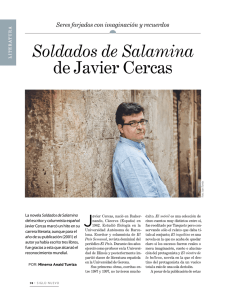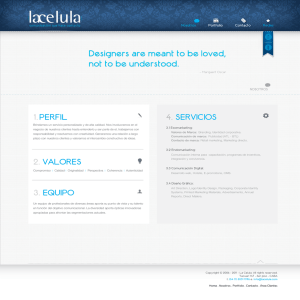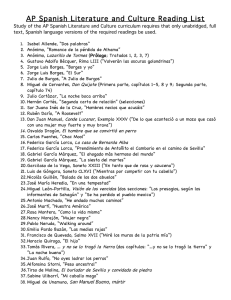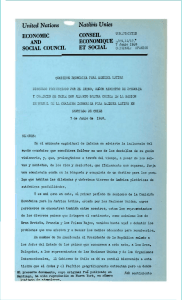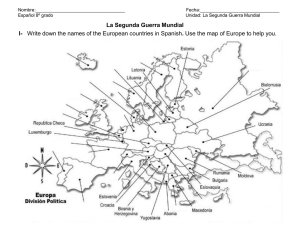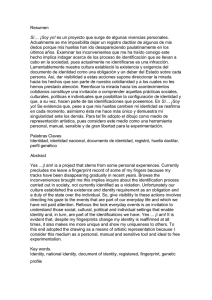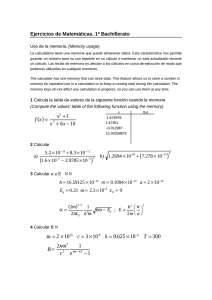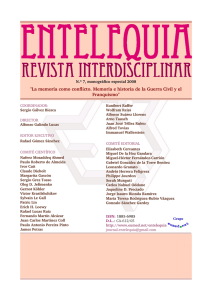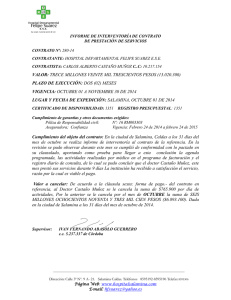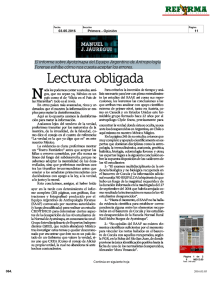Venceréis pero no convenceréis
Anuncio
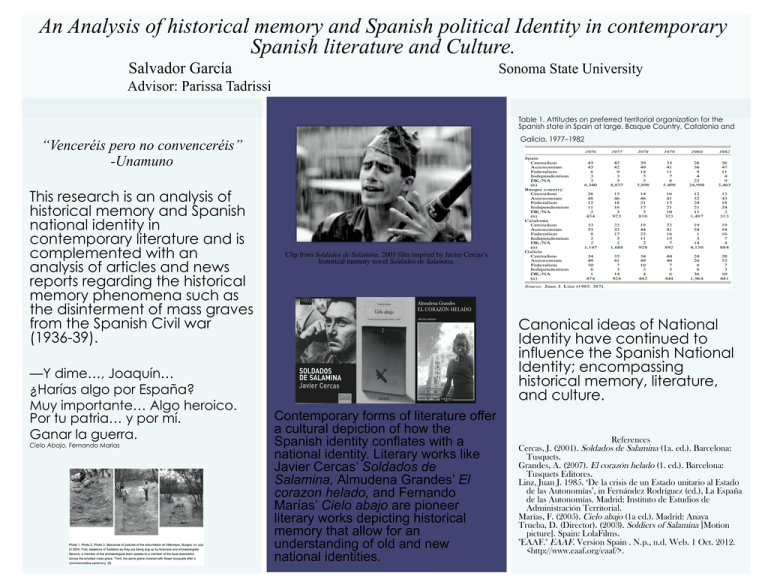
An Analysis of historical memory and Spanish political Identity in contemporary Spanish literature and Culture. Salvador García Sonoma State University Advisor: Parissa Tadrissi Table 1. Attitudes on preferred territorial organization for the Spanish state in Spain at large, Basque Country, Catalonia and Galicia, 1977–1982 “Venceréis pero no convenceréis” -Unamuno This research is an analysis of historical memory and Spanish national identity in contemporary literature and is complemented with an analysis of articles and news reports regarding the historical memory phenomena such as the disinterment of mass graves from the Spanish Civil war (1936-39). —Y dime…, Joaquín… ¿Harías algo por España? Muy importante… Algo heroico. Por tu patria… y por mí. Ganar la guerra. Cielo Abajo, Fernando Marías Clip from Soldados de Salamina, 2003 film inspired by Javier Cercas’s historical memory novel Soldados de Salamina. Discussion Canonical ideas of National Identity have continued to influence the Spanish National Identity; encompassing historical memory, literature, and culture. Contemporary forms of literature offer a cultural depiction of how the Spanish identity conflates with a national identity. Literary works like Javier Cercas’ Soldados de Salamina, Almudena Grandes’ El corazon helado, and Fernando Marías’ Cielo abajo are pioneer literary works depicting historical memory that allow for an understanding of old and new national identities. References Cercas, J. (2001). Soldados de Salamina (1a. ed.). Barcelona: Tusquets. Grandes, A. (2007). El corazón helado (1. ed.). Barcelona: Tusquets Editores. Linz, Juan J. 1985. ‘De la crisis de un Estado unitario al Estado de las Autonomías’, in Fernández Rodríguez (ed.), La España de las Autonomías. Madrid: Instituto de Estudios de Administración Territorial. Marías, F. (2005). Cielo abajo (1a ed.). Madrid: Anaya Trueba, D. (Director). (2003). Soldiers of Salamina [Motion picture]. Spain: LolaFilms. "EAAF." EAAF. Version Spain . N.p., n.d. Web. 1 Oct. 2012. <http://www.eaaf.org/eaaf/>.
